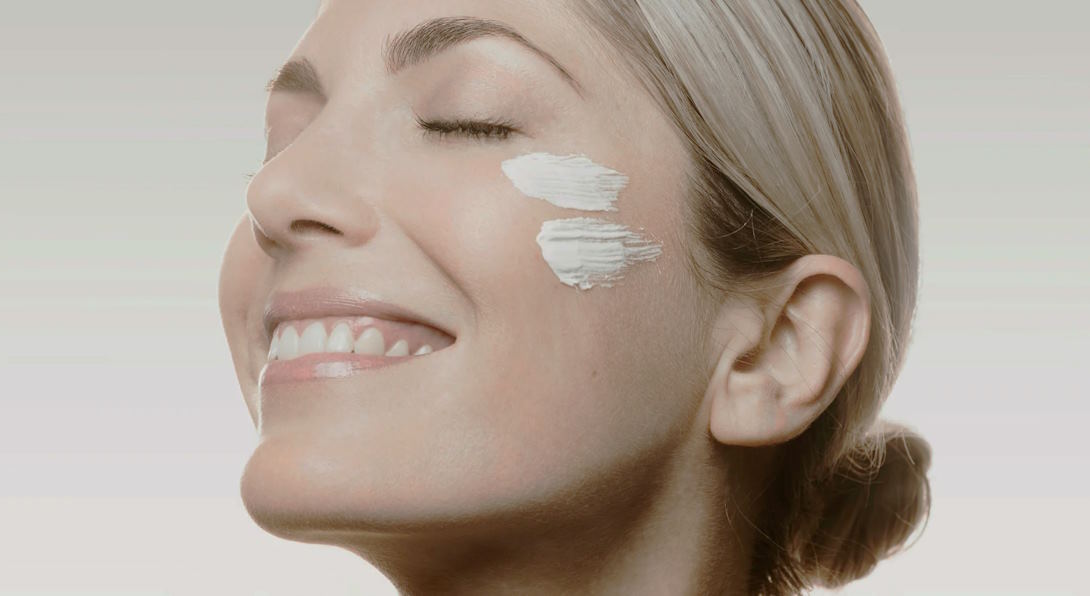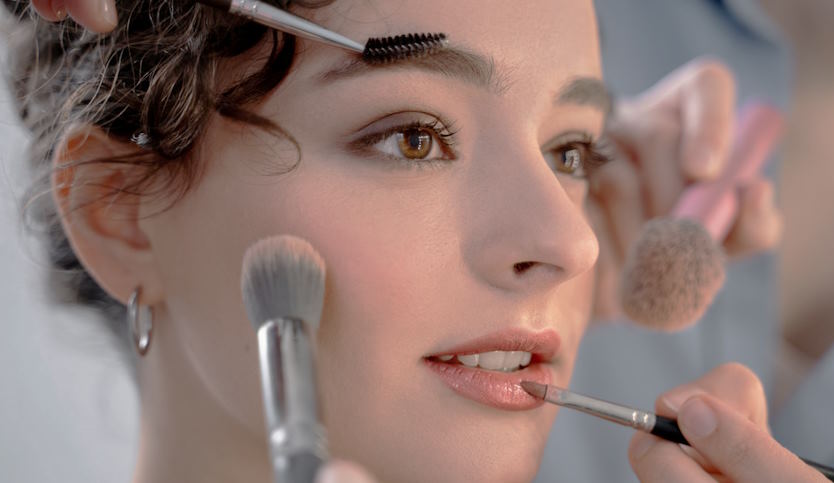Preparing Your Skin for Makeup Application
- Published in New Makeup Tips
- Permalink

Preparing your skin before applying makeup is not just a prelude; it’s a crucial step that can make or break your entire look. Whether you’re a makeup novice or a seasoned pro, understanding the importance of skincare prep can elevate your makeup game to new heights.
Cleansing and Exfoliating
The foundation of any skincare routine begins with cleansing to remove dirt, oil, and impurities accumulated throughout the day. Choose a cleanser tailored to your skin type—foaming cleansers work well for oily skin, while cream or oil-based cleansers are better suited for dry skin. Cleansing not only ensures a clean canvas for makeup but also helps prevent breakouts and congestion. In addition to cleansing, regular exfoliation is crucial for sloughing off dead skin cells and promoting cell turnover. Opt for a gentle exfoliator formulated with ingredients like alpha hydroxy acids (AHAs) or beta hydroxy acids (BHAs) to reveal smoother, more radiant skin. However, be cautious not to over-exfoliate, as it can strip the skin of its natural oils and lead to irritation.

Moisturizing
Hydration is key to achieving a smooth and supple complexion that serves as an ideal base for makeup application. Regardless of your skin type, moisturizing should be a non-negotiable step in your skincare routine. For oily skin, lightweight, oil-free moisturizers are best to avoid adding excess shine. Dry skin types benefit from richer, emollient formulas that provide long-lasting hydration. Apply moisturizer liberally to the face and neck, focusing on areas prone to dryness or dehydration. Additionally, consider using a hydrating serum or facial oil for an added boost of moisture, especially during colder months or in dry climates.
Primer Application
Think of primer as the ultimate makeup prep step—it creates a smooth, even surface for makeup application and helps extend its wear throughout the day. Primers come in various formulations to address specific skin concerns, such as minimizing pores, blurring imperfections, or adding a luminous glow. Choose a primer that aligns with your skin type and desired makeup finish. Silicone-based primers are excellent for filling in fine lines and pores, while hydrating primers provide a dewy, moisturized base. Apply primer evenly to the face after moisturizing, focusing on areas where makeup tends to fade or crease, such as the T-zone or around the nose.
Sunscreen Protection
No skincare routine is complete without sunscreen, regardless of whether you plan to wear makeup or not. Sunscreen not only protects the skin from harmful UV rays but also helps prevent premature aging, sunspots, and skin cancer. Look for a broad-spectrum sunscreen with an SPF of 30 or higher and apply it generously to the face and exposed areas of the body. If you’re concerned about sunscreen interfering with makeup application, opt for lightweight, non-comedogenic formulas that absorb quickly and leave a matte finish. Incorporating sunscreen into your daily skincare routine is essential for maintaining healthy, youthful-looking skin.

Pre-Makeup Skincare Routine
Now that you’ve cleansed, moisturized, applied primer, and sunscreen, it’s time to finalize your pre-makeup skincare routine. Take a moment to assess your skin and address any specific concerns or imperfections. If you have dark circles or puffiness around the eyes, apply an eye cream with brightening or depuffing ingredients. For redness or inflammation, consider using a color-correcting primer or serum to neutralize discoloration. Additionally, if you have acne-prone skin, spot-treat any blemishes with a targeted treatment containing salicylic acid or benzoyl peroxide. By customizing your skincare routine to your individual needs, you can create a flawless canvas that enhances your natural beauty.
Special Considerations for Problematic Skin
While proper skincare prep is essential for everyone, those with problematic skin conditions such as acne, sensitivity, eczema, or rosacea may need to take extra precautions. If you have acne-prone skin, choose non-comedogenic, oil-free products that won’t clog pores or exacerbate breakouts. Avoid harsh exfoliants or abrasive scrubs that can further irritate inflamed skin. For sensitive skin types, opt for fragrance-free, hypoallergenic products formulated with gentle, soothing ingredients like aloe vera or chamomile. If you suffer from eczema or rosacea, consult with a dermatologist for personalized recommendations and treatment options tailored to your specific condition.

